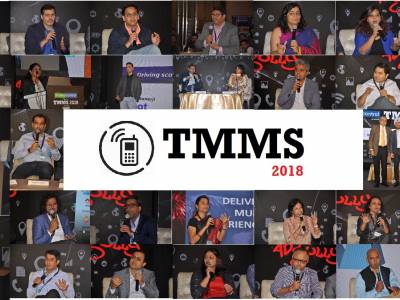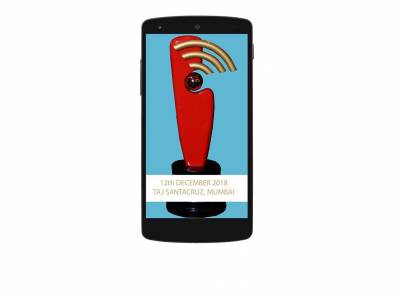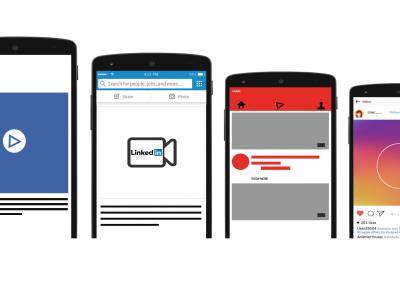Marketers’ mobile usage is disconnected from consumers: Forrester study
Marketers are using a wide range of mobile tactics and technologies, however, there is a disconnect between the tactics they employ and the mobile behaviours and expectations of consumers. The result? Marketers are over-investing in tactics that “check the box” on mobile and underinvesting in key mobile touchpoints. This was revealed by Forrester’s study titled ‘The State Of Mobile Marketer Tactics: 2016’.
The study found that marketers:
Embrace responsive web design without taking context in consideration: RWD is by far the most common tactic that marketers were using or planning to use in 2015: Only 9 per cent of marketers surveyed are not planning to use it. When fully implemented, RWD can improve the user experience; but more often than not, it’s implemented as a quick fix to the problem of multiple screen sizes. It often prevents marketers from thinking about the need to contextualise offerings for different devices. Customers do not necessarily want the same content across all their screens. However, a high percentage of marketers surveyed – 47 per cent – admit their mobile services are primarily a scaled-down version of their PC services.
Under-invest in mobile search: Many B2C marketers forget that mobile plays a strong role in acquiring customers in the discovery and explore phases of the customer life cycle. In fact, with 37 per cent of US smartphone owners using search engines on their mobile devices daily or more and more than half of Google search requests taking place on mobile today, only 37 per cent and 34 per cent of marketers use mobile paid search and mobile search optimisation, respectively. Forty-three per cent of the marketers surveyed said they spent less than $100,000 in mobile search in 2015.
Under-optimise mobile email: Today, 53 per cent of US smartphone owners send or check personal email at least once a day on their mobile phones, and 78 per cent do so at least monthly. However, only 46 per cent of marketers surveyed regularly use email optimised for mobile. And when they do so, they don’t invest a lot: 47 per cent said they invest less than $100,000 in such a tactic. Here again, this is not just about scaling down the content to fit into the smaller screen; this is about contextualising and personalising the message based on when and where users open email.
Are obsessed with native mobile apps that often fail at delivering smart experiences: B2C marketers have massively jumped onto the app bandwagon, but very few branded apps are used on a regular basis and deliver benefits to their audiences that are strong enough to command loyalty. Among consumers who spend about 80 per cent of their mobile time in apps, smartphone owners spend more than 88 per cent of their time on just five downloaded apps. If marketers really want to own mobile moments for their most loyal customers, they must deliver more contextual experiences by connecting apps to customer relationship management (CRM) systems. Only 23 per cent of marketers and digital business executives are using push notifications, a key tactic for optimising app use.
Dismiss proven mobile tactics in favour of the latest popular trend: Despite the fact that the vast majority of consumers use SMS today, only 39 per cent of marketers use such a tactic. Though SMS no longer looks sexy and is not a great tool to acquire customers, it offers an incredibly large reach globally to engage with existing consumer base, especially in emerging countries and especially when it comes to delivering simple customer care messages. Meanwhile, 45 per cent of marketers are using and 39 per cent plan to test or use technologies such as beacons or 2D barcodes that offer limited reach today.
Key takeaways
Marketers misuse mobile marketing tactics: B2C marketers often focus too much on piloting the latest mobile shiny objects and, unfortunately, do not invest enough in adapting to mobile experiences’ core touchpoints – like email or search – that most consumers use to engage with brands.
Use mobile to transform brand experiences: Too few marketers think of mobile as an opportunity to transform the brand experience. To really differentiate themselves, they should develop mobile-unique interactions delivering visible value with apps, messaging, and online-to offline tactics.
Insights and constant optimisation are key to unlocking mobile’s full potential: To rethink how mobile could transform the customer journey, marketers should use ethnographic research and journey maps and have a more holistic vision of their customer behaviours leveraging contextual data. Testing and learning will not be enough – the use of optimisation techniques must be systematic.





















Share
Facebook
YouTube
Tweet
Twitter
LinkedIn